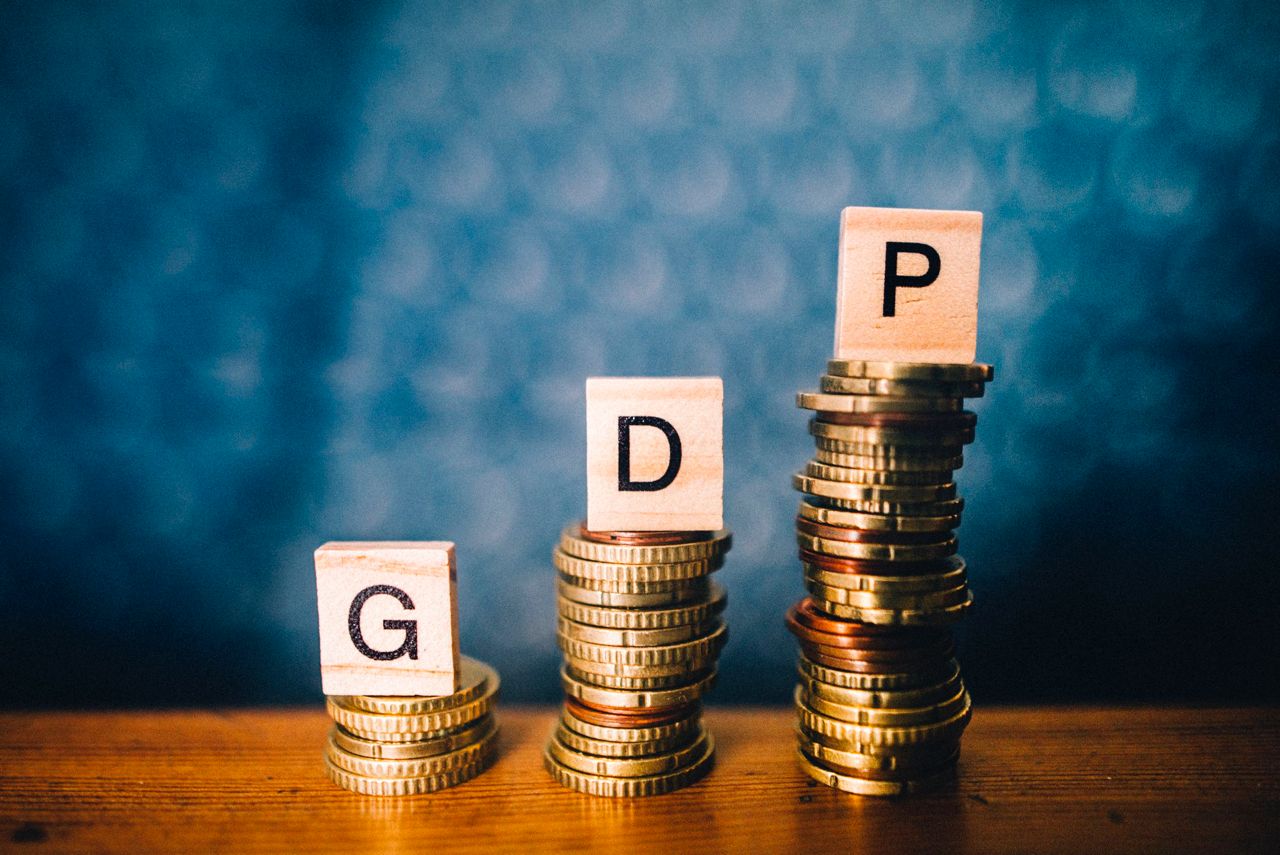
African Development Bank predicts stable GDP growth for African economies
According to a new report by the African Development Bank Group, African economies are expected to remain resilient with a stable outlook in 2023-2024, despite the tightening global financial conditions.
The report, Africa's Macroeconomic Performance and Outlook (MEO) 2023, projects that Africa's average GDP growth will stabilise at 4% in the next two years, up from 3.8% in 2022.
Presenting the report, African Development Bank Chief Economist and Vice President Kevin Urama noted that African economies could benefit from high demand for its commodities as countries seek alternatives for food and energy in response to disruptions caused by the war in Ukraine.
Urama urged African countries to strive for higher growth rates, more inclusive economies, and greater resilience to external shocks.
While the global economy faces rising uncertainty, the stable outlook projected for 2023-2024 reflects the continuing policy support in Africa and global efforts to mitigate the impact of external shocks.
The new publication, to be released in the first and third quarters of each year, will provide African policymakers, global and domestic investors, researchers, and other development partners with an up-to-date, evidence-based assessment of the continent's recent macroeconomic performance and short-to-medium-term outlook amid dynamic global economic developments.
However, African countries are facing unfavourable global conditions, including rising inflation, higher debt servicing costs, and increased risk of debt distress.
Urama noted that tightening financial conditions and the appreciating US dollar has had dire consequences for most African economies, making it difficult for African countries to access international capital markets for new financing.
Most African currencies, especially in commodity-exporting countries, lost substantial value against the dollar in 2022 due to monetary policy tightening in the United States.
The depreciation rates ranged from 21% in Malawi to 69% in South Sudan. Urama cautioned that currency weaknesses in Africa's more globally integrated economies, such as Algeria, Kenya, Nigeria, and South Africa, may persist in 2023.
The report also highlights other economic headwinds, including the impacts of COVID-19 policy responses, rising geopolitical tensions, and the spillover effects of the Russian invasion of Ukraine. These conditions are pushing price stability beyond most central banks' grasp.
Urama urged bold policy actions to meet the significant financing gaps in Africa, stating that "it is imperative to enact policies that can mobilise and leverage private financing for development in Africa."
African countries' fiscal positions have already been stretched by COVID-19 policy responses and support for vulnerable populations against rising food and energy prices amid high debt and the impacts of climate change.
The African Development Bank Group's report provides valuable insights into the current state of African economies and underscores the need for strategic policy actions to address the challenges and seize opportunities for growth and development. Culled from PulseGhana.com